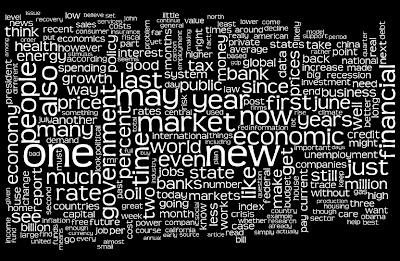Panic! No wait...don't panic
Robert Peston writes an entertaining, slightly scary, story about BT's pension liabilities . But is this anything to worry about? Not really. He makes a few points that sound striking, but under closer examination are utterly unsurprising. ...in an economic sense, BT's current and future pensioners own this totemic business. True, but any business is "owned" both by its creditors and its shareholders. The creditors always have to be paid off first before the shareholders have clear title to the company's assets. And in most large, old companies, pensioners are among the biggest creditors. Look at General Motors, which has just handed over a majority stake in itself to its pensioners (via their union, the UAW). To put this £8bn chasm in its pension-scheme into an appropriate context, the entire market value of the company is less than £10bn. Also true, but meaningless. The pension deficit - like any other debt that BT has - is already factored into its market value...




